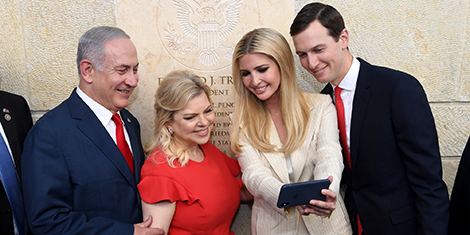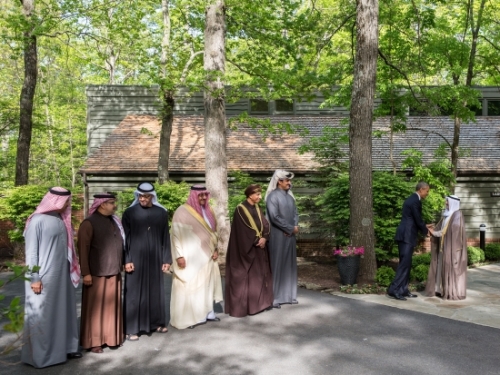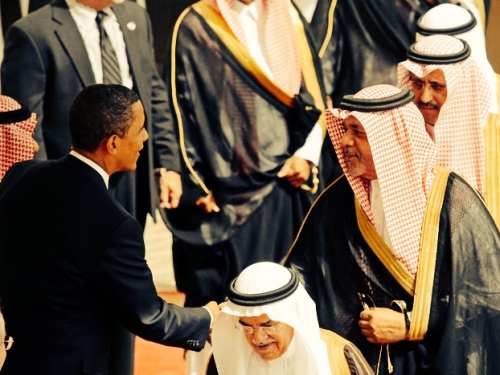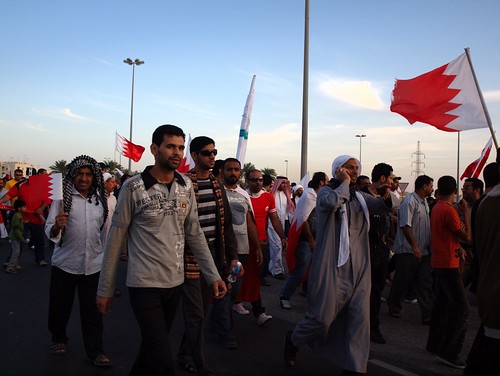
This article was originally published by the European Council on Foreign Relations (ECFR) on 5 June 2019.
The United States is set to propose an economic plan for Israel-Palestine, spearheaded by Jared Kushner, on 25 and 26 June in Bahrain, where Gulf Arab states will discuss the troubled Palestinian economy.
It seems that Jared Kushner, one of the principal architects of the so-called “deal of the century” to end the Israeli-Palestinian conflict, has finally discovered the European Union. In his role as a senior adviser on the Middle East to US President Donald Trump, Kushner has recently faced a series of setbacks – among them the recalcitrance of Palestine Liberation Organisation (PLO) and Israeli politics’ descent into almost unprecedented political chaos. In response to these problems, Kushner made what looked to be a hastily arranged trip to Brussels on 4 June, meeting with European Commission President Jean-Claude Juncker and Federica Mogherini, the EU’s high representative for foreign affairs and security policy.




